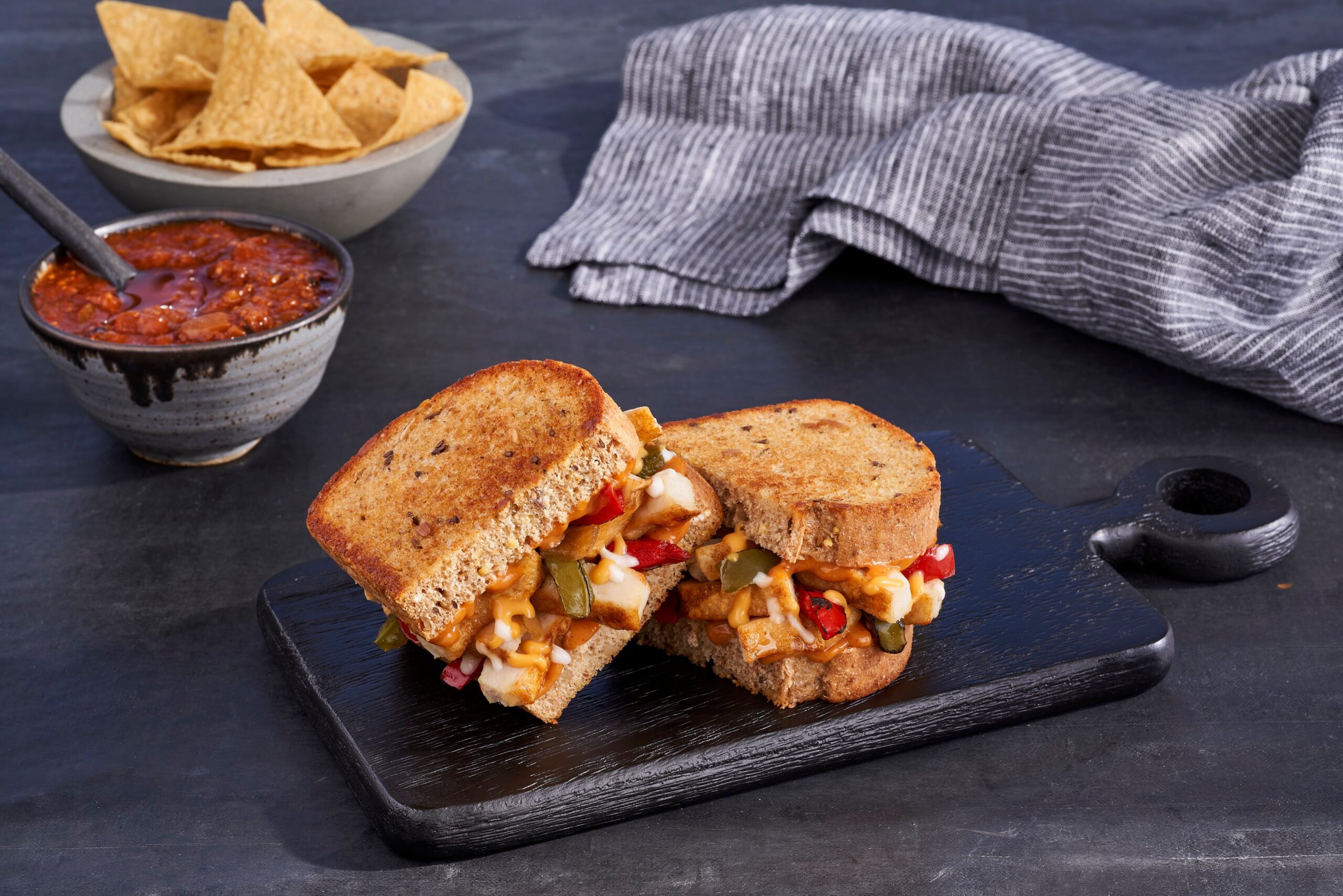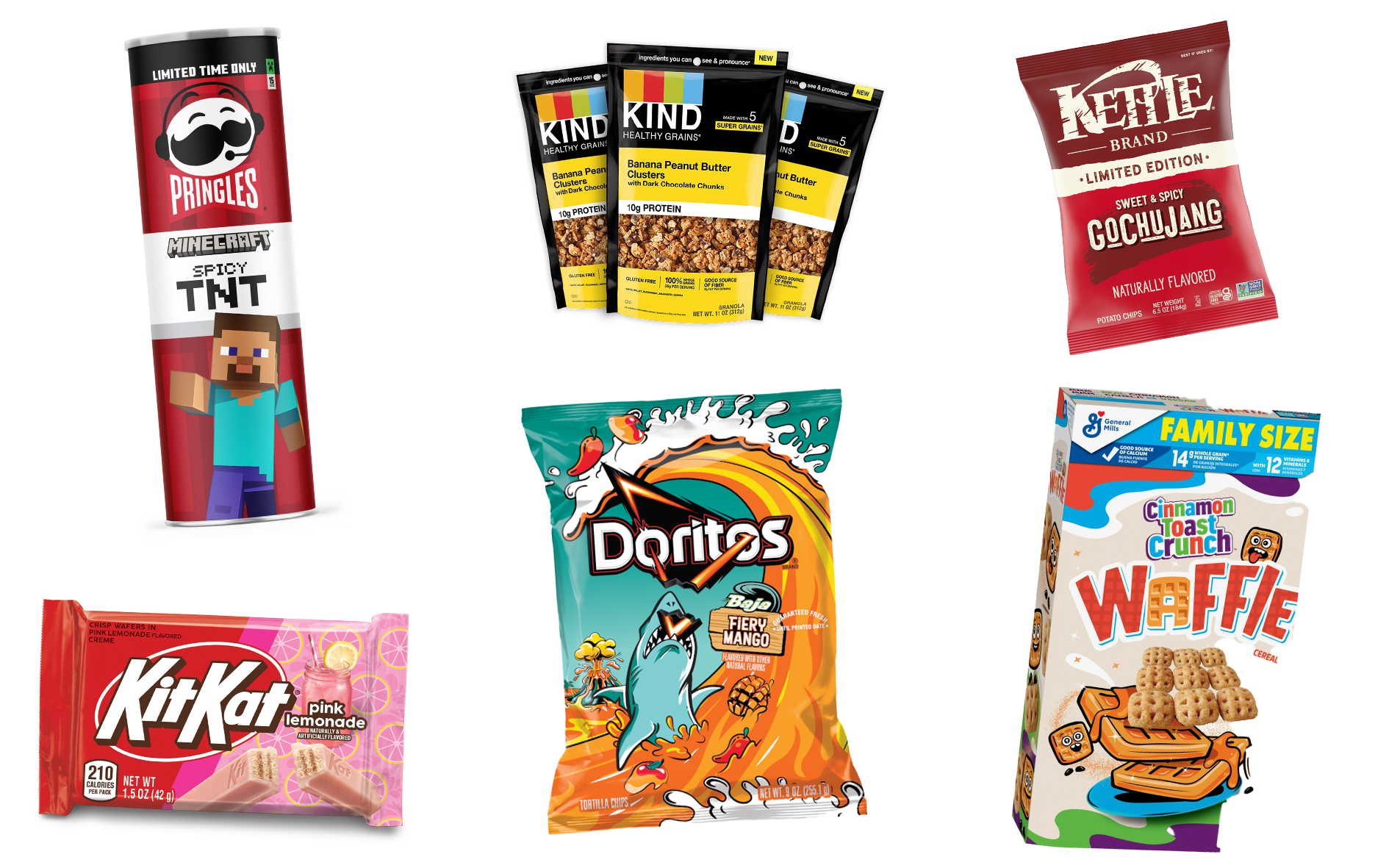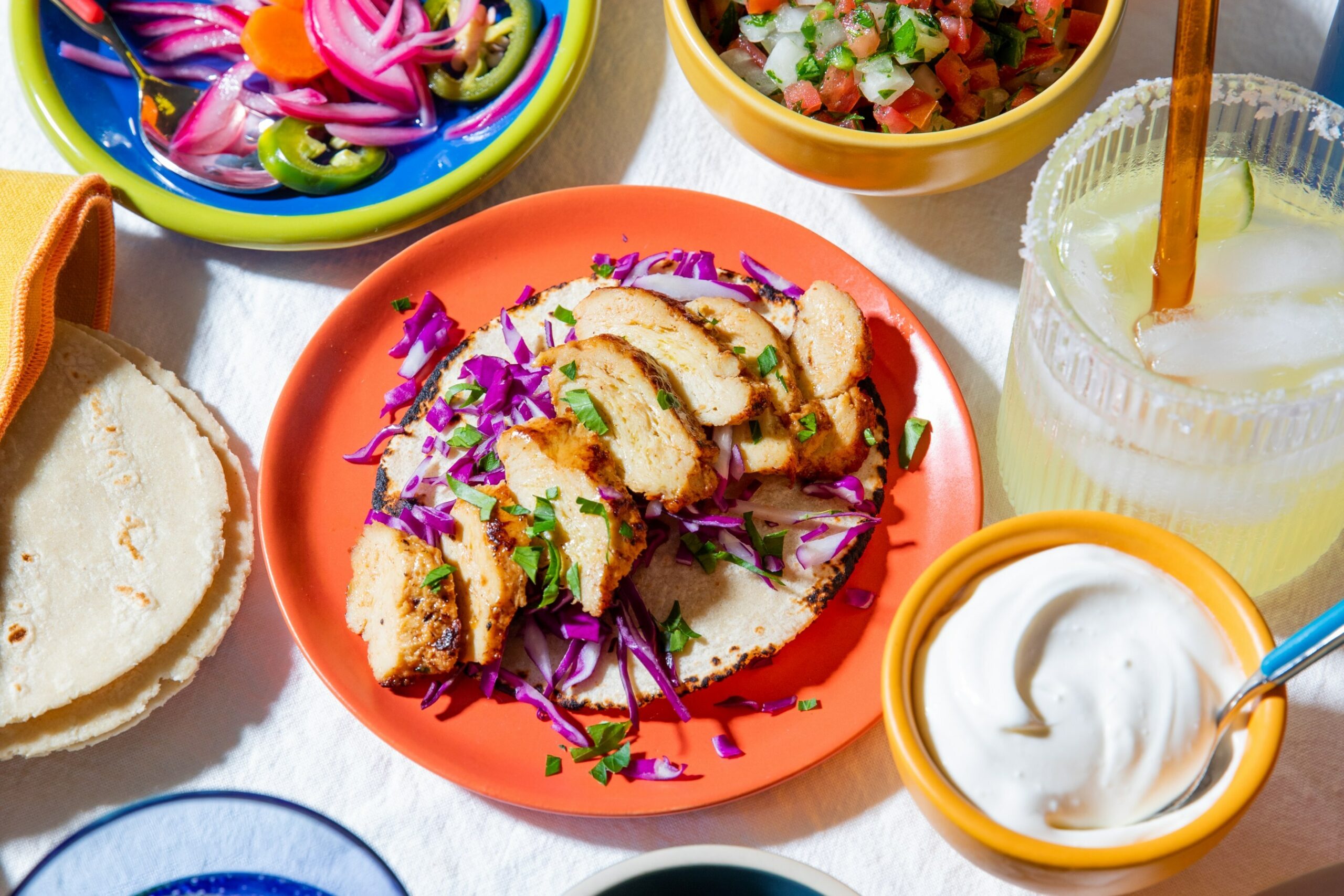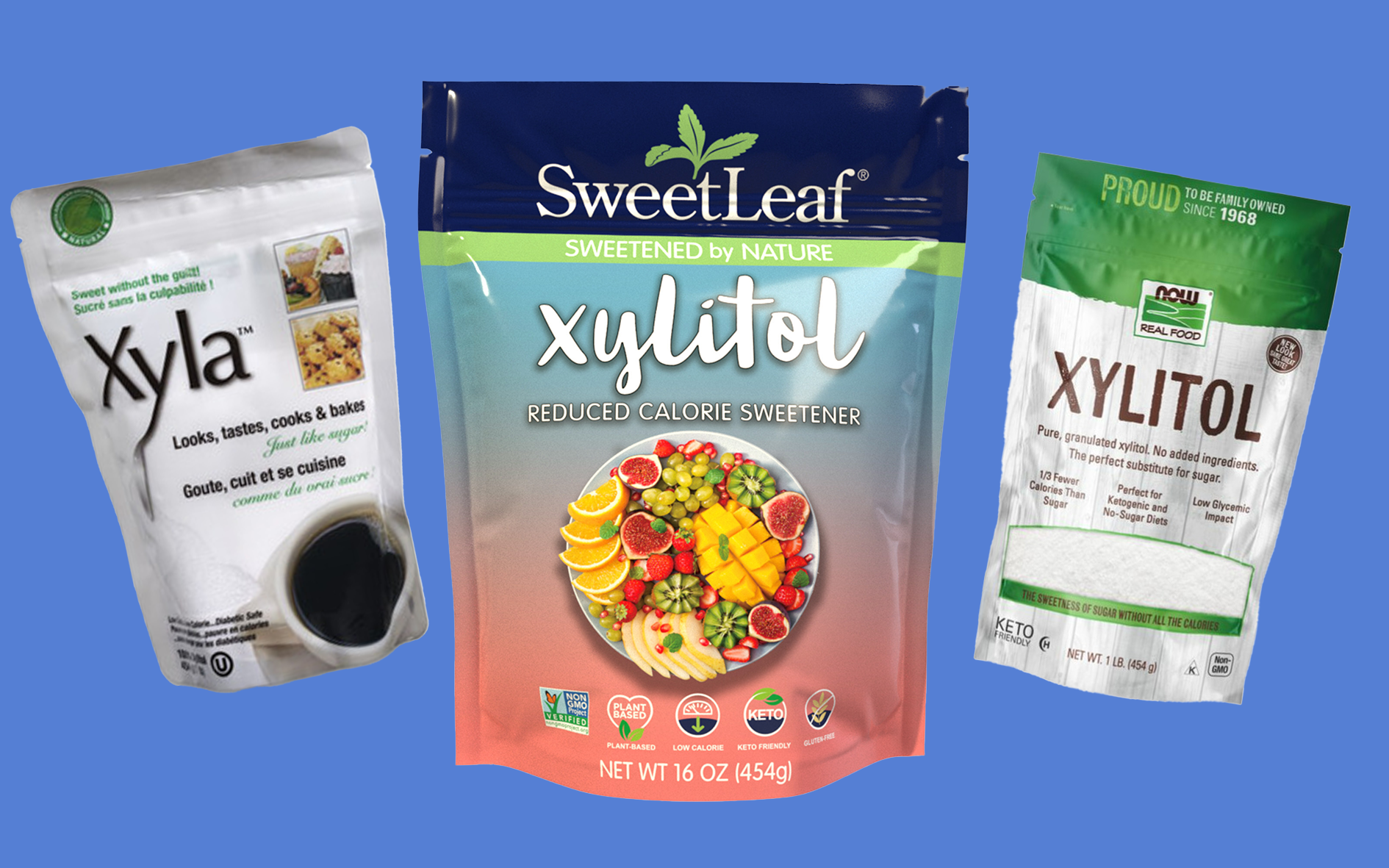The plant-based category of the food and beverage industry has experienced exponential growth over the last few years for its notable health and environmental benefits. However, many popular plant-based foods, such as nut butters and granola bars, contain allergens that prevent some consumers from giving them a try. This is where seed-based products come in.
Seed-based foods make use of flaxseeds, chia seeds, hemp seeds and a variety of other natural seeds as an alternative to nuts. Seed-based foods are not only allergy-friendly but also have a strong nutritional profile, loaded with protein, vitamins and minerals. So who are the big players in the seed-based space?
Blake’s Seed Based
Chicago-based startup Blake’s Seed Based was founded in 2018 by Blake Sorenson, an athlete with a deathly nut allergy who was looking for an alternative to nut-containing snacks. After making his own bars in his home kitchen, Sorenson realized the potential of using seeds instead of nuts for those with and without allergies.
After only a year in business, the parrot-branded startup had made its way into over 1,000 stores, including Walmart and Kroger’s, and built a strong online presence. Blake’s Seed Based was selected for the Kraft Heinz Springboard incubator program, helping it scale and accelerate through mentorship, funding and pilot plans.
The brand’s inclusive nature has driven demand, as its products are made without peanuts, tree nuts, wheat, soy, dairy, eggs, fish or shellfish. But that doesn’t mean it had to compromise on flavor. Blake’s Seed Based offers bars featuring seeds, puffed quinoa, chickpeas and puffed rice in a variety of flavors including S’mores, Blueberry Lemon, Pineapple and Raspberry.
Related: Kraft Heinz Sells Nut Business to Hormel Foods for $3.35 Billion
Earlier this year, the brand expanded its product line to include crispy rice treats, inspired by Sorenson’s cravings for indulgences during the pandemic. The company claims that Blake’s Seed Based Rice Crispy Treats are the first certified nut-free and vegan products of its kind on the market. With additional products set to debut in the coming months, the brand is increasingly gaining a foothold in the seed-based sector.
88 Acres Foods
Founded by a couple after an awful, allergy-related dinner date, 88 Acres was created to highlight seeds as a focal, allergy-friendly ingredient. Co-founders Rob Dalton, who is allergic to peanuts and tree nuts, and Nicole Ledoux, wanted to create a product line that makes use of seeds and other allergy-friendly foods.
The company’s snack bars — which contain a blend of organic pumpkin seeds, sunflower seeds and ground flax seeds, along with gluten-free oats, maple syrup and brown rice syrup — appeared in Whole Foods back in 2015. The bars come in several flavors, including Dark Chocolate Sea Salt, Cinnamon and Oats, Blueberry Lemon, Ginger Apple, Triple Berry and Chocolate Mocha.
But 88 Acres ventured outside the world of snack bars, introducing lines of seed butters, dressings and its own take on granola aptly called Seed’Nola, which repurposes leftover clusters from bar production. The seed butters range from Dark Chocolate Sunflower to Roasted Pumpkin and are available in jars or single-serve pouches. The company’s salad dressings include flavors such as Lemon Poppy Seed and Garden Ranch and make use of watermelon seeds or pumpkin seeds and sunflower oil.
The company’s dedication to allergen-free products is evident, as most of its products are similar to Blake’s Seed Based snacks in that they’re made without the same allergens, plus they contain no palm oil, corn, GMOs, artificial preservatives, sweeteners and synthetic fibers. It is also exploring the possibilities of upcycling leftover seeds in fruit and vegetable processing to reduce food waste.
Both Blake’s Seed Based and 88 Acres were created with those that have allergies in mind, but many of their consumers don’t have allergies. Rather, seed-based foods are rising in popularity due to their inclusive nature coupled with the desire for whole food ingredients and convenient plant-based nutrition.












Join or login to leave a comment
JOIN LOGIN